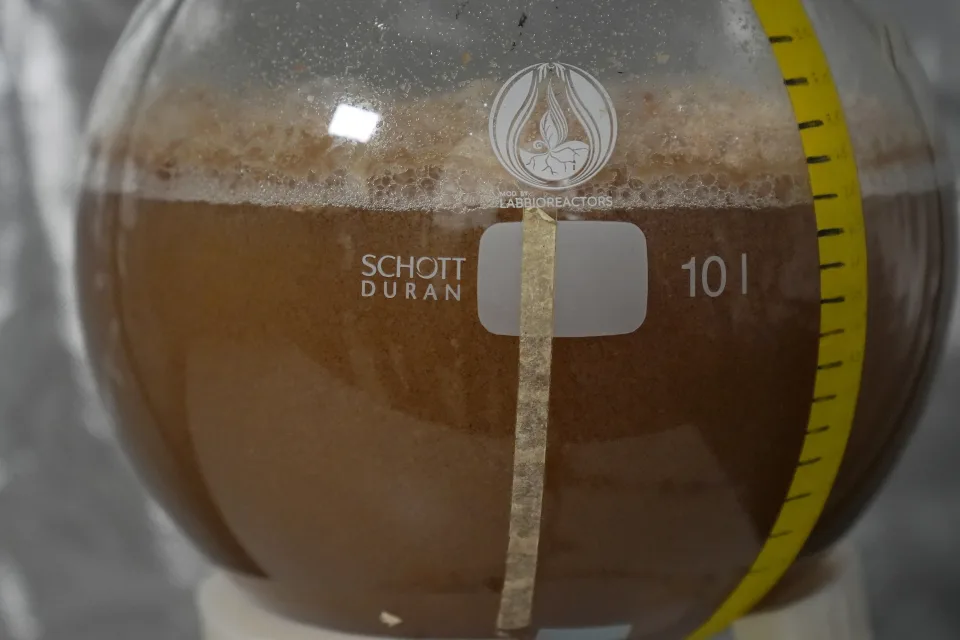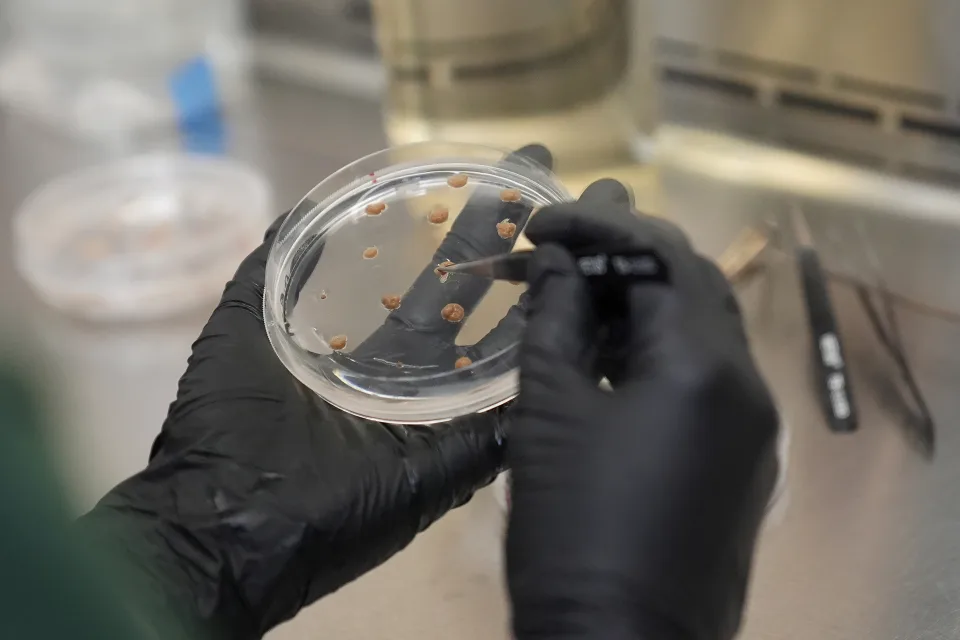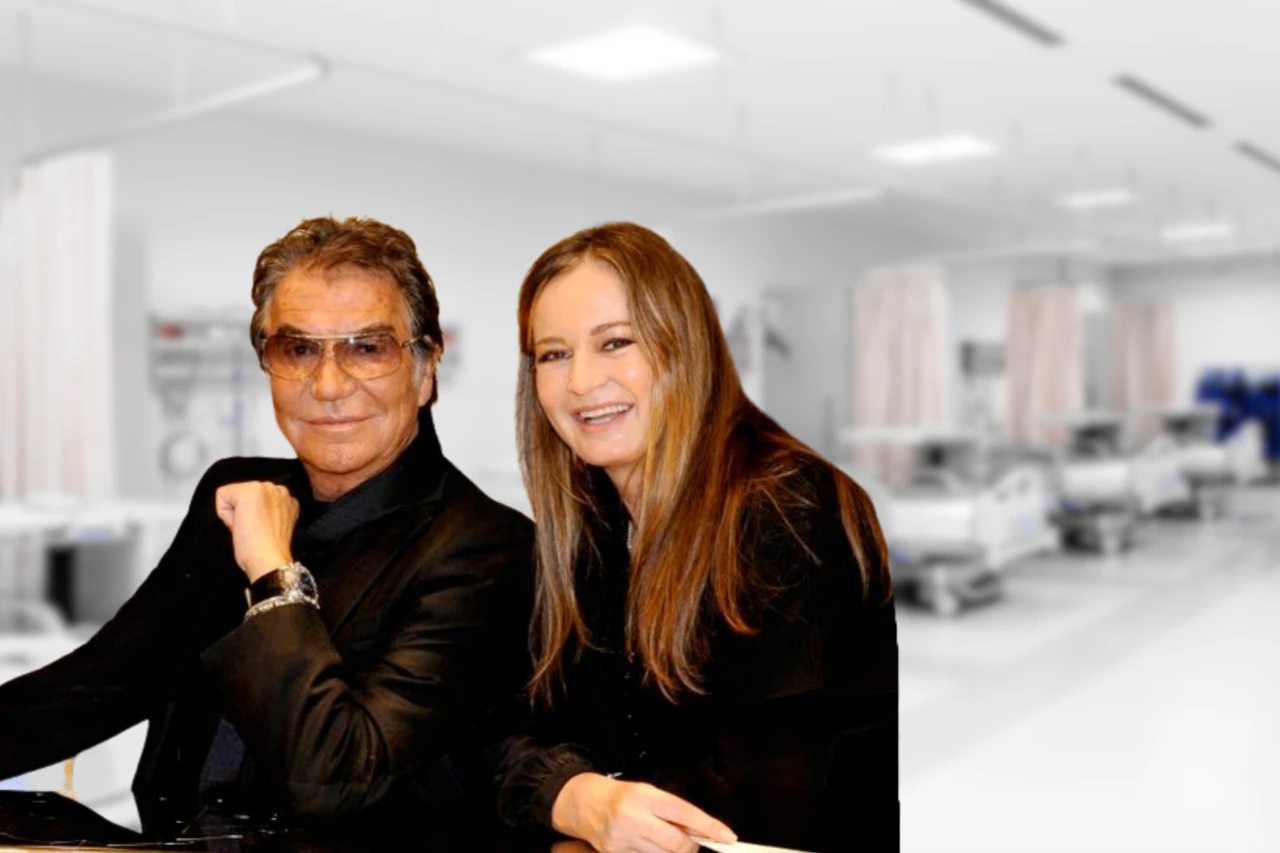Lab-grown cocoa: Future of chocolate in danger amid climate change
 Chocolate plates on black background (Photo by Gabi Musat via Getty Images)
Chocolate plates on black background (Photo by Gabi Musat via Getty Images)
As climate change increasingly stresses rainforests where cocoa beans traditionally grow, scientists and entrepreneurs are exploring new methods to produce cocoa and develop substitutes, ensuring chocolate lovers can continue to enjoy their favorite treat.
Rising demand for chocolate spurs innovation in traditional cocoa farming
Cocoa trees, primarily grown in tropical regions 20 degrees north and south of the equator, face threats from rising temperatures and shifting weather patterns, particularly in West Africa and South America.
These regions, which produce the bulk of the world’s cocoa, are increasingly vulnerable to droughts and plant diseases exacerbated by climate change. To address these challenges, companies are pioneering ways to grow cocoa beyond the tropics and even in laboratories.

Lab-grown cocoa
California Cultured, a plant cell culture company based in West Sacramento, California, is at the forefront of this innovation.
The company is developing cocoa from cell cultures, significantly reducing the time and resources needed to produce cocoa beans. “We see just the demand of chocolate monstrously outstripping what is going to be available,” said Alan Perlstein, CEO of California Cultured.
There’s really no other way that we see that the world could significantly increase the supply of cocoa or still keep it at affordable levels without extensive either environmental degradation or some significant other cost.
CEO of California Cultured Alan Perlstein
The process involves placing cocoa bean cells in a vat with sugar water, where they reproduce rapidly, reaching maturity in just a week—compared to the six to eight months required for traditional cocoa harvests. This method also significantly reduces water usage and labor.
Alternative cocoa sources emerge amid climate change threats
The global market for chocolate remains robust, with U.S. sales surpassing $25 billion in 2023, according to the National Confectioners Association. With demand projected to grow faster than supply, companies like California Cultured and Israel-based Celleste Bio are exploring lab-grown cocoa as a viable solution.
Celleste Bio co-founder Hanne Volpin explained that their approach involves growing cocoa bean cells indoors to produce cocoa powder and cocoa butter, aiming to maintain production despite climate challenges. “We only have a small field, but eventually, we will have a farm of bioreactors,” Volpin said.

Mars and other industry leaders invest in cocoa plant resilience
While lab-grown cocoa offers promise, other companies are developing cocoa substitutes to meet demand. Germany’s Planet A Foods is one such company, creating a chocolate alternative called “ChoViva” from oats and sunflower seeds. The company argues that the characteristic taste of mass-market chocolate comes more from the fermentation and roasting processes than the cocoa bean itself. Amid these innovations, major chocolate manufacturers like Mars are also taking steps to ensure the future of cocoa.
Mars operates a research facility at the University of California, Davis, where scientists study cocoa plants to improve disease resistance and climate resilience. “We see it as an opportunity, and our responsibility,” said Joanna Hwu, Mars’ Senior Director of Cocoa Plant Science.



